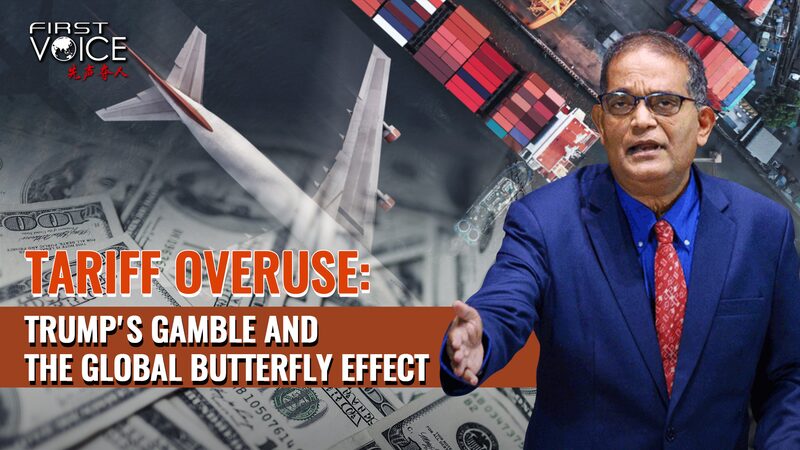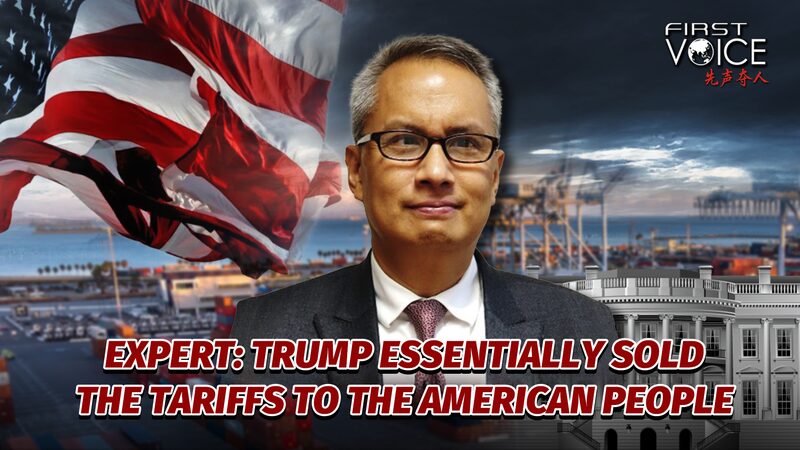During his 2023 inspection tour in northeast China, Chinese President Xi Jinping introduced the concept of \"new quality productive forces,\" signaling a significant shift in the nation's economic strategy. This initiative aims to break free from traditional growth models by leveraging scientific and technological innovation to drive industrial transformation and reshape the development model.
On January 31, 2024, Xi emphasized the importance of accelerating the development of new quality productive forces to promote high-quality development. This vision has permeated various sectors, from academic discussions and policy making to corporate strategies and industrial practices, highlighting its widespread impact on socioeconomic development.
New quality productive forces represent an advanced type of productive force that diverges from traditional economic growth paths. Characterized by high technology, efficiency, and quality, these forces align with Xi's new development philosophy, placing innovation at the forefront of their formulation. This approach not only reflects China's long-term economic practices but also the evolving development paradigms of the new era, bringing both opportunities and challenges.
The implementation of this concept has spurred a new wave of scientific and technological revolution and industrial transformation. Significant advancements have been made in cutting-edge technologies such as artificial intelligence, green energy, and quantum communication. China's comprehensive innovation-driven strategy has yielded remarkable progress in its journey to becoming an innovative nation. The combination of growing scientific and technological strength, a vast market, and an improving industrial system provides a solid foundation for developing new quality productive forces.
According to the Global Innovation Index 2024 released by the World Intellectual Property Organization, China ranks 11th among the top 30 economies and is the only middle-income economy in this group. It accounts for three of the world's five major science and technology clusters and is recognized as one of the economies with the fastest-growing innovative capabilities over the past decade.
However, China faces significant challenges in this endeavor. As globalization intensifies, scientific and technological innovations have become key areas of competition among countries. The global industrial and supply chain landscape is undergoing unprecedented transformations, making the improvement of international competitiveness a complex issue for China.
Reference(s):
cgtn.com




